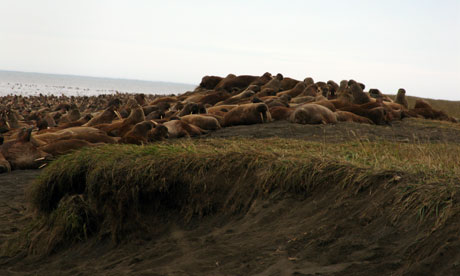
From USA Today:
A fresh load of supplies and equipment has arrived at the International Space Station after a robotic Russian space freighter eased up to the outpost and docked at the back end of the Russian side of the complex.
Two months after an aborted docking, station commander Alexander Skvortsov was ready to take manual control of the approaching spacecraft but its automated docking system worked as intended and the Progress 39 vehicle hooked up with the outpost without incident.
Read more ....














